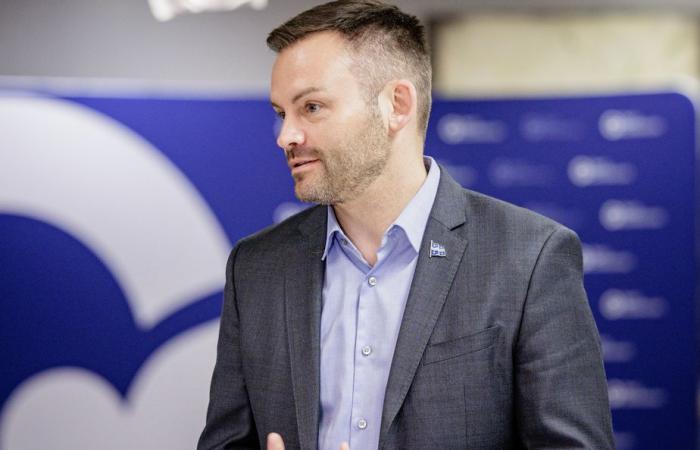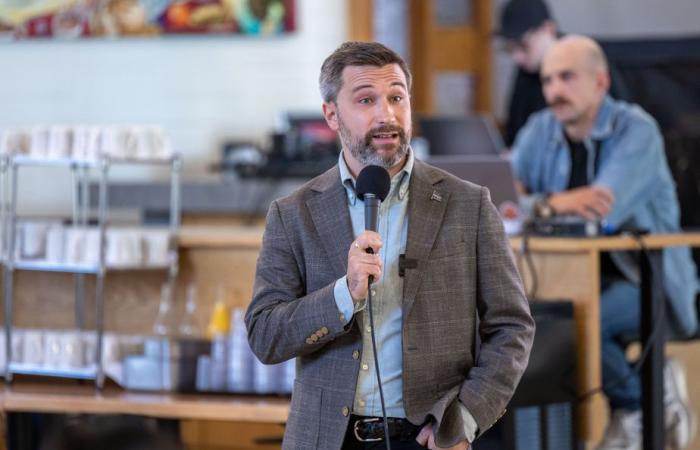(Québec) Le Parti québécois s’inquiète de l’arrivée au Québec de millions d’immigrants depuis les États-Unis où le nouveau président désigné, Donald Trump, a promis de déporter des millions de sans-papiers.
Publié à 8h52
Mis à jour à 10h06
« On doit se pencher sur des mouvements de masse potentiels qui peuvent commencer aujourd’hui », a déclaré le chef de la formation souverainiste, Paul St-Pierre Plamondon, mercredi.
Or, étant donné que la frontière entre les États-Unis et le Québec est particulièrement « poreuse », le chef péquiste déplore encore une fois que son contrôle soit laissé au bon vouloir du gouvernement fédéral.
Il décoche du même coup une flèche à l’endroit du premier ministre, François Legault, dont « l’incapacité d’aller chercher des gains [en matière d’immigration] was problematic. However, in the context of the election of Donald Trump, “it becomes acute, because we have no control over anything,” says Paul St-Pierre Plamondon.
During the last election campaign, Donald Trump promised to exponentially increase deportations of undocumented immigrants, even suggesting deporting the estimated 11 million people living in the United States without legal immigration status.
The Liberal Party of Quebec, for its part, called for caution, its deputy André A. Morin recalling that we “have been working with the Americans for decades”. Mechanisms are in place to control entry points at the border that the forces already monitor, he also clarified.
PHOTO JOSIE DESMARAIS, LA PRESSE ARCHIVES
Gabriel Nadeau-Dubois
The parliamentary leader of Québec solidaire recalled for his part that the American president-elect had “said a lot of things about possible mass deportations”. “What will be operationalized in practice, we will have to see,” he said.
Canada







